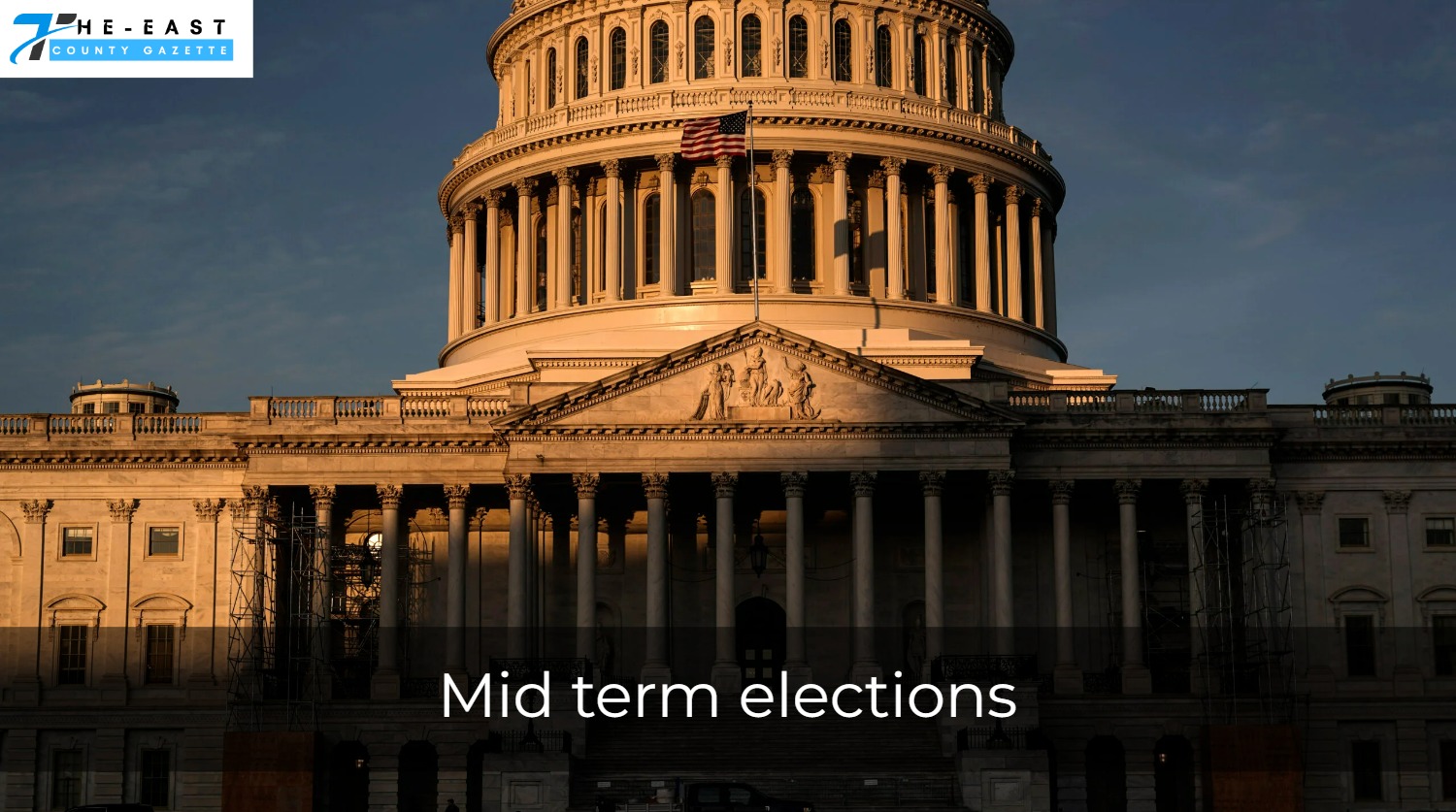Neither the Democrats nor the Republicans have secured the requisite 218 House seats, and neither has the necessary 50 or 51 Senate seats to take control of the chamber. The exact timing of the event is unclear; it may occur tomorrow or take weeks.
The Associated Press does not make predictions and will only call a winner once it is clear that the remaining contestants cannot catch up. In some close elections, one party or candidate may have a clear advantage because of their track record of victory.
Once polls close, the AP can officially use AP VoteCast results to declare a winner. The purpose of VoteCast, an online survey of American voters, is to learn more about voters’ motivations for casting their ballots. As of Friday night, the AP had called 211 House races for the Republican candidate, compared to 202 for the Democratic candidate. No one else’s race had been announced just yet.
About a third of the 100 seats in the Senate were up for election, and with the tally of AP race calls, the chamber is now evenly divided at 49-49. With Kamala Harris as vice president, the Democrats only need to hold on to 50 seats in the Senate to preserve control.
Associated Press declared Democratic incumbent Mark Kelly the winner in Arizona’s U.S. Senate race

Key races, such as battles for governor in Arizona and U.S. Senate in Nevada, remained uncalled Friday as officials continue to total votes, including mail-in ballots. On Friday night, the Associated Press declared Democratic incumbent Mark Kelly the winner in Arizona’s U.S. Senate race.
Runoff elections will likely be necessary for several other tight House of Representatives battles. Among the upcoming runoffs is the one for the Senate seat in Georgia between Democratic incumbent Raphael Warnock and Republican Herschel Walker, scheduled for December 6.
There may be a second round of vote tallying in Alaska, where Democrat Mary Peltola won a special election this summer to fill a House seat controlled by Republicans for decades. That’s because Alaska utilizes ranked choice voting in which voters rate candidates.
If no candidate receives more than 50% of the vote on November 8, the candidate with the fewest votes is eliminated, and voters’ preferences are applied to their second choice. One candidate is stopped at a time until only two are left, and the popular vote determines the winner. While it was still too soon to call the contest, early polls showed Peltola had a significant lead against Sarah Palin and Nick Begich of the Republican Party.

